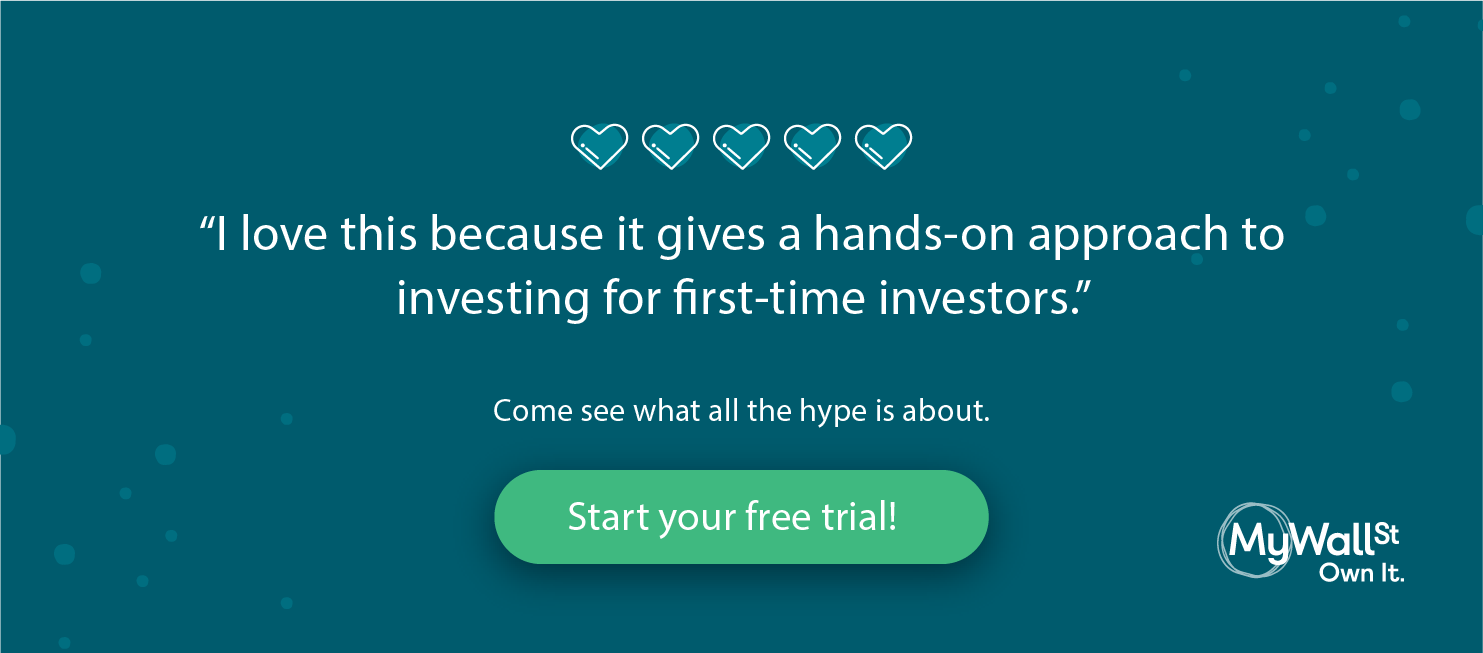15 Years On: Google's 3 Best and Worst Acquisitions
Join thousands of savvy investors and get:
- Weekly Stock Picks: Handpicked from 60,000 global options.
- Ten Must-Have Stocks: Essential picks to hold until 2034.
- Exclusive Stock Library: In-depth analysis of 60 top stocks.
- Proven Success: 10-year track record of outperforming the market.
In the 15 years since Google (NASDAQ: GOOGL) went public, the company changed its name to Alphabet and become one of the world's most influential businesses, racking up revenues of more than $136 billion in 2018. It's also picked up a lot of much smaller companies along the way -- more than 200 as of this year -- with the most recent being the analytics startup Looker in June.
Let's take a look at 3 of the company's best acquisitions and 3 of its worst:
The best...
Android
The Android operating system is arguably one of the most forward-thinking acquisitions of any company, not just Google. Purchased in 2005 for an estimated $50 million, the little green robot now operates on over 85% of the world's smartphone devices. The key to this success from Google was open-sourcing Android, meaning it could operate on a variety of mobile devices, unlike iOS which operates exclusively on Apple devices.
The operating system itself does not make money, but rather Android brings in revenue via the monetization of the Google services it is tied to, such as Google searches or Gmail, while Play Store revenue reached approximately $24.8 billion last year. There is no denying the value of this acquisition, and if Big Tech were to be broken up, Android could be an interesting investment.
DoubleClick
DoubleClick has been the driving force behind Google's rise to dominance in the past decade. Picked up for $3.1 billion in 2007 after a bidding war with Microsoft, the price tag made it Google's priciest acquisition to date. In the years since, it has given Google a foothold in the lucrative display advertising industry and essentially built its ad-buying revenue from the ground up.
As the company behind the bulk of Google's advertising, which constitutes between 80% and 90% of the company's revenue at almost $100 billion per year, DoubleClick has certainly made up for its hefty price tag.
YouTube
Purchased for $1.6 billion in 2006, YouTube is possibly the most famous of Google's acquisitions. The video-streaming platform has become Google's second-largest revenue contributor, taking in an estimated $9 billion in 2017, the last time Google parent Alphabet released financial figures on Youtube. There were concerns at the time as to how YouTube could be monetizable due to the amount of pirated content on the platform, but this was handled by Google and 13 years later the company has successfully created well-received intellectual property policies along with underlying technology to enforce them.
Though it is still not profitable and has its own issues such as understaffing and content monitoring, YouTube is still growing rapidly and provides invaluable search engine data to Google, capturing significant search share as its own portal.

And the worst...
Aardvark
Aardvark's short life came to an abrupt end, less than two years after its $50 million acquisition by Google in February 2010. The social-search service connected live users to one another via IM in order to answer questions, known as a knowledge market, similar to Quora.
It made sense for Google to acquire a question-search based social media platform, but it never invested in improving its shortcomings such as making questions and answers private, or its lack of user incentive. In September 2011 it was announced that Google was discontinuing its ill-fated acquisition.
Dodgeball
Dodgeball was a location-based social networking service acquired by Google in 2005 for an undisclosed fee. The merger looked good on paper, with Google acquiring a company that allowed users to enter their location and be notified of nearby friends, friends' friends or interesting venues. With Google's backing, this could have been the start of something groundbreaking.
It was groundbreaking, just not for Google. Dodgeball was not developed or grown at all, and after 2 frustrating years, co-founder Dennis Crowley left and founded the hugely successful Foursquare. Dodgeball was built for mobile devices, and unfortunately, the technology had not caught up at the time. The idea was too prescient, so Google shut down Dodgeball in 2009, replacing it with Google Latitude.
Slide
Slide will go down as a very costly acquisition for Google after it purchased the applications developer for more than $200 million in 2010. The company was Facebook's largest third-party app developer at the time, making it seem like a logical buy.
The fit was always a little bit awkward, with Google not providing much publicity to its subsidiary, leaving Slide CEO Max Levchin unhappy and resulting in his departure. The acquisition has been viewed by some as purely a talent grab for Google+, which launched in 2011, shortly before the company announced they would be shuttering Slide for good. This would be an a-typically underhanded move for Google.
Read More From MyWallSt:
MyWallSt operates a full disclosure policy. MyWallSt staff currently hold long positions in Alphabet. Read our full disclosure policy here.
- Weekly Stock Picks: Handpicked from 60,000 global options.
- Ten Must-Have Stocks: Essential picks to hold until 2034.
- Exclusive Stock Library: In-depth analysis of 60 top stocks.
- Proven Success: 10-year track record of outperforming the market.
